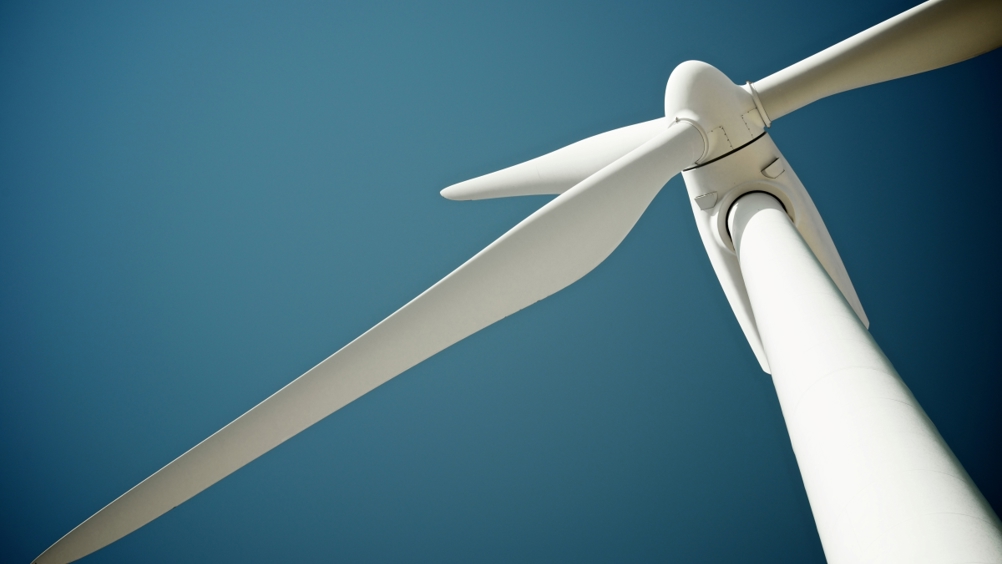C2I 2023 Wild Card Winner: EMPHASIZING
The 2023 Wild Card winner is a novel method for recycling glass fibre reinforced plastic could help address concerns over how to deal with waste materials from decommissioned wind farms

Category: Wild Card
Headline Sponsor: Igus
Project: EMPHASIZING
Partners: B&M Longworth with Gestamp UK, Ford UK, Gen 2 Plank Ltd, TWI, Brunel University London and EMS Grivory
This year’s C2I Wild Card winner is a shining example of the circular economy in action and a benchmark for what can be achieved through cross-sector, multi-disciplinary collaboration.
Led by B&M Longworth, EMPHASIZING has applied a novel method for recycling glass fibre reinforced plastic (GRP) from a variety of waste streams, producing a composite material that improves on the properties of virgin GRP. To demonstrate the innovation, the EMPHASIZING partners used the recyclate material to manufacture a lightweight Ford automotive product from decommissioned wind turbine blade GRP.
Currently, 2.5 million tonnes of composite material are used globally in the renewable energy sector, with an estimated 12-15 tonnes of GRP required for every MW of new wind power. While the benefits of wind energy are unquestionable, there have been increasing concerns over the future disposal of GRP as wind farms reach end of life (EOL). According to EMPHASIZING, the sector is expected to decommission 40,000 to 60,000 tonnes of composite materials in the next two years, and finding a circular solution for the GRP conundrum is essential.
Register now to continue reading
Thanks for visiting The Engineer. You’ve now reached your monthly limit of premium content. Register for free to unlock unlimited access to all of our premium content, as well as the latest technology news, industry opinion and special reports.
Benefits of registering
-
In-depth insights and coverage of key emerging trends
-
Unrestricted access to special reports throughout the year
-
Daily technology news delivered straight to your inbox










Water Sector Talent Exodus Could Cripple The Sector
One possible reform to the Asset Management Plan (AMP) system would be to stagger the five year cycle across the ten or so water businesses, so that...